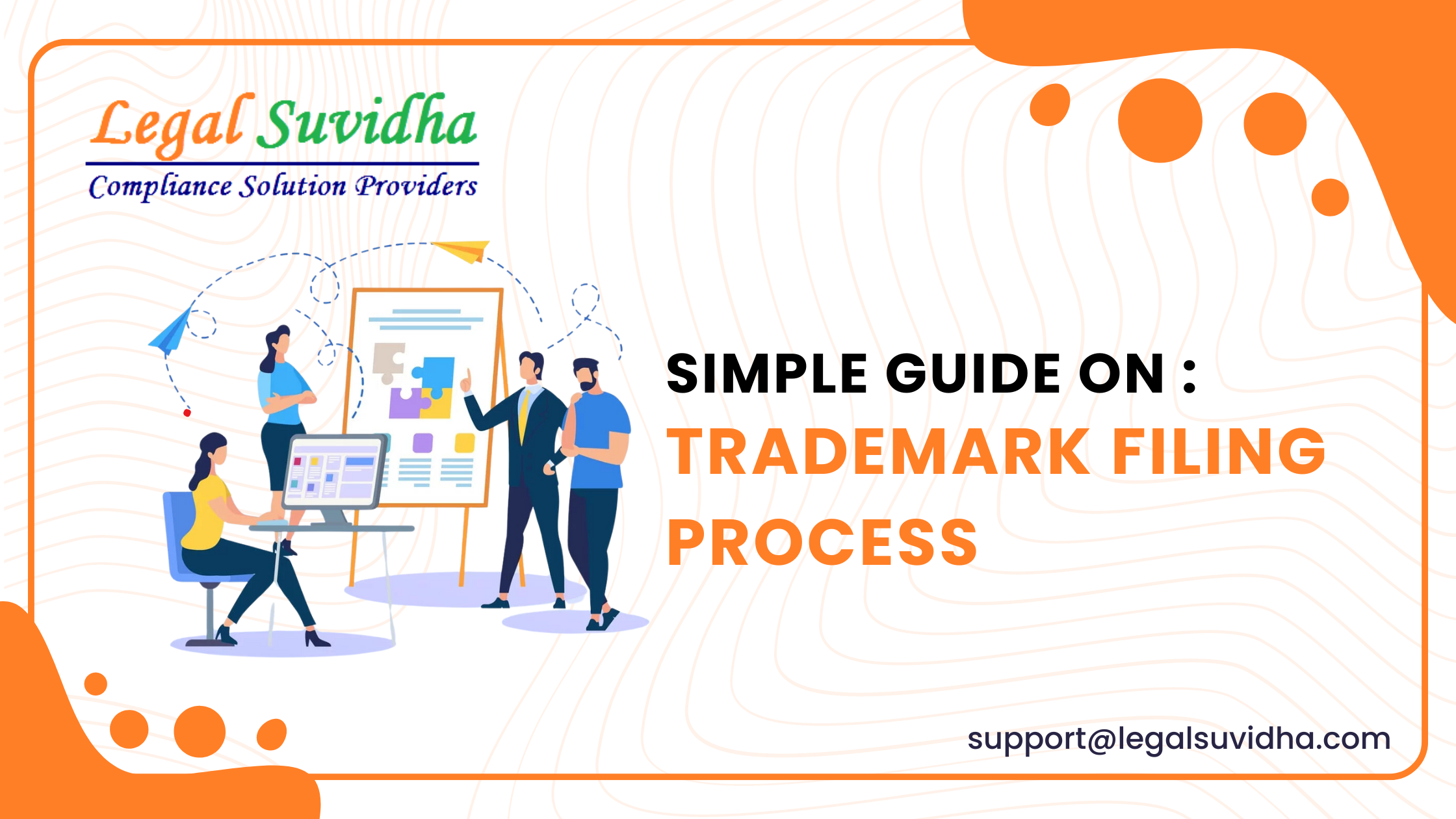As tax laws and regulations continue to evolve, it’s important to stay up-to-date with changes that may affect your tax liability. One area that can be particularly complex is the taxation of undisclosed income. In this article, we’ll explore the taxability of undisclosed income under Section 68 and Section 69D of the Income Tax Act and provide guidance on how to comply with these provisions.
Section 68 –
- Section 68 deals with the taxability of cash credits in the hands of a taxpayer.
- The section applies when any sum of money is found credited in the books of accounts of a taxpayer, and the taxpayer cannot provide a satisfactory explanation about the nature and source of such credit.
- In such cases, the sum credited is treated as the taxpayer’s income for the financial year in which it was credited to the books of accounts.
- The taxpayer is required to pay tax on such income at the applicable rate.
- The burden of proof is on the taxpayer to explain the nature and source of the cash credit.
- If the taxpayer is unable to provide a satisfactory explanation, the sum credited will be treated as the taxpayer’s income and will be subject to tax at the applicable rate.
- If there is any unexplained cash credit in the books of accounts of a taxpayer, it is deemed to be the income of the taxpayer, unless the taxpayer can prove otherwise.
- The purpose of Section 68 is to ensure that taxpayers cannot claim any unexplained or illegitimate cash credits as income or profit.
- Taxpayers should maintain proper documentation and evidence to support any cash credits in their books of accounts, such as bank statements, invoices, receipts, and other relevant documents.
- If the taxpayer is able to provide a satisfactory explanation for the cash credit, it will not be treated as income, and the taxpayer will not be liable to pay tax on it.
Section 69 –
- Section 69 of the Income Tax Act deals with the taxability of unexplained investments made by a taxpayer.
- If an investment is found to have been made by a taxpayer, and the source of such investment cannot be satisfactorily explained, the investment amount is treated as the taxpayer’s income for the financial year in which the investment was made.
- The taxpayer is required to pay tax on such income at the applicable rate, as per the income tax laws in force.
- The burden of proof is on the taxpayer to explain the source of the investment. If the taxpayer is unable to provide a satisfactory explanation, the investment amount will be treated as the taxpayer’s income and will be subject to tax at the applicable rate.
- It is important for taxpayers to maintain proper documentation and evidence to support any investments made by them. This can include bank statements, invoices, receipts, and other relevant documents.
- In case the taxpayer is able to provide a satisfactory explanation for the investment, it will not be treated as income, and the taxpayer will not be liable to pay tax on it.
- The aim of Section 69 is to prevent taxpayers from making unexplained investments without paying taxes on them.
- Taxpayers should be careful while making investments and maintain proper records and evidence to avoid any tax implications related to unexplained investments.
Section 69A –
- Section 69A deals with the taxability of unexplained money found in the possession of a taxpayer during any search or seizure by the tax authorities.
- If any amount of money is found in the possession of the taxpayer and the taxpayer cannot provide a satisfactory explanation about the nature and source of such money, it will be treated as the taxpayer’s income for the financial year in which it was seized.
- The taxpayer is required to pay tax on such income at the applicable rate.
- The burden of proof is on the taxpayer to explain the source of the unexplained money.
- If the taxpayer is unable to provide a satisfactory explanation, the amount seized will be treated as the taxpayer’s income and will be subject to tax at the applicable rate.
- Taxpayers should maintain proper documentation and evidence to support any money in their possession.
- If the taxpayer is able to provide a satisfactory explanation for the unexplained money, it will not be treated as income, and the taxpayer will not be liable to pay tax on it.
- The purpose of Section 69A is to prevent taxpayers from concealing income or assets from the tax authorities.
- Taxpayers should be careful to maintain proper records and evidence to avoid any tax implications related to unexplained money found during a search or seizure.
Section 69B –
- Section 69B of the Income Tax Act pertains to investments that are partly disclosed in the books of accounts of a taxpayer.
- If an investment is found to have been made by a taxpayer and a part of it is disclosed in the books of accounts, but the taxpayer cannot provide a satisfactory explanation about the source of the undisclosed part, then the undisclosed part of the investment is treated as the taxpayer’s income for the relevant financial year.
- The taxpayer is required to pay tax on such income at the applicable rate.
- As with other sections related to unexplained income, the burden of proof is on the taxpayer to explain the source of the undisclosed part of the investment. If the taxpayer fails to provide a satisfactory explanation, the undisclosed part of the investment will be treated as the taxpayer’s income and will be subject to tax at the applicable rate.
- It’s crucial for taxpayers to maintain proper documentation and evidence to support any investments made by them. This includes maintaining records of both the disclosed and undisclosed parts of the investment.
- If the taxpayer is able to provide a satisfactory explanation for the undisclosed part of the investment, it will not be treated as income, and the taxpayer will not be liable to pay tax on it.
- The aim of Section 69B is to prevent taxpayers from making undisclosed investments and evading taxes on them. By maintaining proper records and evidence, taxpayers can avoid any tax implications related to partly disclosed investments.
Section 69C –
- Section 69C deals with the taxability of unexplained expenditures incurred by a taxpayer.
- If during any assessment, it is found that an expenditure has been incurred by the taxpayer, and the taxpayer cannot provide a satisfactory explanation about the source and nature of such expenditure, then such expenditure will be treated as the taxpayer’s income for the financial year in which it was incurred.
- The taxpayer will be required to pay tax on such income at the applicable rate.
- The burden of proof is on the taxpayer to explain the source and nature of the unexplained expenditure. If the taxpayer is unable to provide a satisfactory explanation, the unexplained expenditure will be treated as the taxpayer’s income and will be subject to tax at the applicable rate.
- Proper documentation and evidence must be maintained by taxpayers to support any expenditures made by them, including bills, invoices, receipts, and other relevant documents.
- If the taxpayer is able to provide a satisfactory explanation for the unexplained expenditure, it will not be treated as income, and the taxpayer will not be liable to pay tax on it.
- The purpose of Section 69C is to prevent taxpayers from incurring unexplained expenditures or concealing income by showing it as an expenditure.
- Taxpayers should be careful to maintain proper records and evidence to avoid any tax implications related to unexplained expenditures.
Section 69D –
- Section 69D of the Income Tax Act deals with the taxability of amounts borrowed or repaid on hundis, which are financial instruments used in India as a form of credit or as negotiable instruments.
- If a taxpayer borrows or repays any amount on a hundi and cannot provide a satisfactory explanation about the nature and source of such borrowing or repayment, the amount is treated as the taxpayer’s income for the financial year in which it was borrowed or repaid.
- The taxpayer is required to pay tax on such income at the applicable rate. The burden of proof is on the taxpayer to explain the nature and source of the borrowing or repayment on the hundi.
- If the taxpayer is unable to provide a satisfactory explanation, the amount borrowed or repaid on the hundi will be treated as the taxpayer’s income and will be subject to tax at the applicable rate.
- It’s important for taxpayers to maintain proper documentation and evidence to support any amounts borrowed or repaid on hundis. If the taxpayer is able to provide a satisfactory explanation for the borrowing or repayment on the hundi, it will not be treated as income, and the taxpayer will not be liable to pay tax on it.
- The purpose of Section 69D is to prevent taxpayers from concealing income or assets from the tax authorities through the use of hundis. Taxpayers should be careful to maintain proper records and evidence to avoid any tax implications related to amounts borrowed or repaid on hundis.
If You have any query then connect with us at [email protected] or you can contact us & stay updated with our latest blogs & articles.









